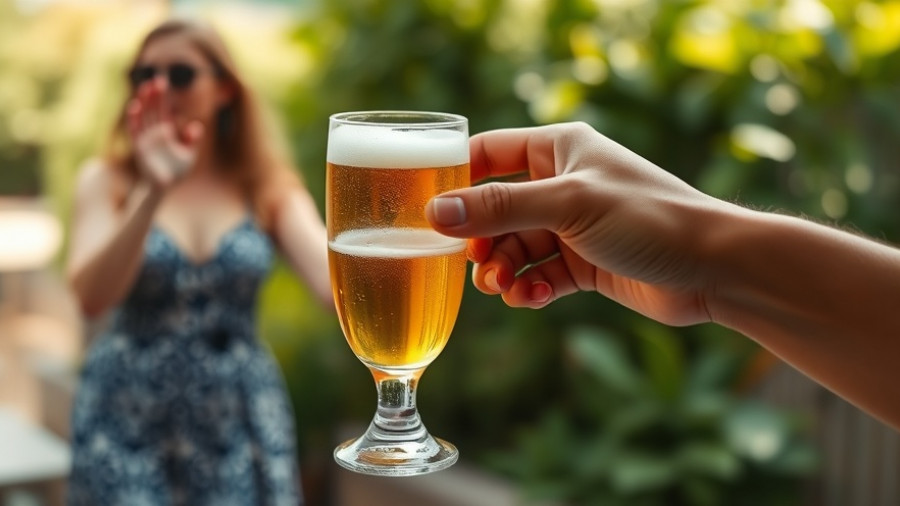
Unlocking the Dual Potential of GLP-1 Drugs
The new research surrounding Glucagon-Like Peptide-1 Receptor Agonists (GLP-1RAs) is turning heads in the medical community. Beyond their established use in managing diabetes and obesity, these medications are being explored for their potential role in combating substance use disorders, including alcohol and drug addiction. Recent studies indicate that GLP-1 drugs like Ozempic may not only help individuals manage their weight but may also assist in curbing addictive behaviors by influencing reward circuits in the brain, which is a major area of interest for researchers.
The Urgency of Addressing Addiction
Consumption of alcohol and other drugs has devastating effects on society. The World Health Organization describes substance use disorders as a global crisis leading to significant health issues, accidents, and social dysfunction. Alarmingly, less than one in four individuals with substance use disorders received treatment in 2023, primarily due to stigma and access barriers. Therefore, finding innovative treatments like GLP-1 drugs is essential to fill this critical gap in addiction care.
Shared Mechanisms: Addiction and Obesity
Interestingly, the biological pathways involved in addiction problems significantly overlap with those responsible for obesity. Both reveal the brain's reward systems as they relate to impulsive behavior and cravings. The ongoing research in this area has led experts to investigate how GLP-1 medications could play a pivotal role in addressing these dual challenges. For instance, early trials have shown promising results in reducing cravings for alcohol and opioids among patients, indicating that GLP-1RAs may act not only as tools for weight loss but also as behavioral modifiers against addiction.
Initial Findings and Ongoing Research
Key findings suggest that GLP-1 medications have encouraging effects on reducing substance cravings. In trials involving patients with alcohol use disorder (AUD), participants who received low doses of semaglutide exhibited a notable decrease in alcohol consumption. In studies involving opioid addiction, GLP-1 drugs significantly reduced cravings and instances of drug-seeking behavior. This suggests that these drugs could become integral components of a multi-faceted approach to treat addiction effectively, alongside standard therapies.
The Path Forward: Cautious Optimism
While the results have sparked excitement among addiction specialists, experts stress that larger and more rigorous clinical trials are necessary to validate these initial findings. Moreover, as the complexities of substance use disorders are recognized, researchers are also considering the issues of individual variability in response to GLP-1 treatments. What works for one patient might not work for another, and understanding these nuances will be crucial in tailoring effective interventions in addiction medicine.
 Add Row
Add Row  Add
Add 




Write A Comment